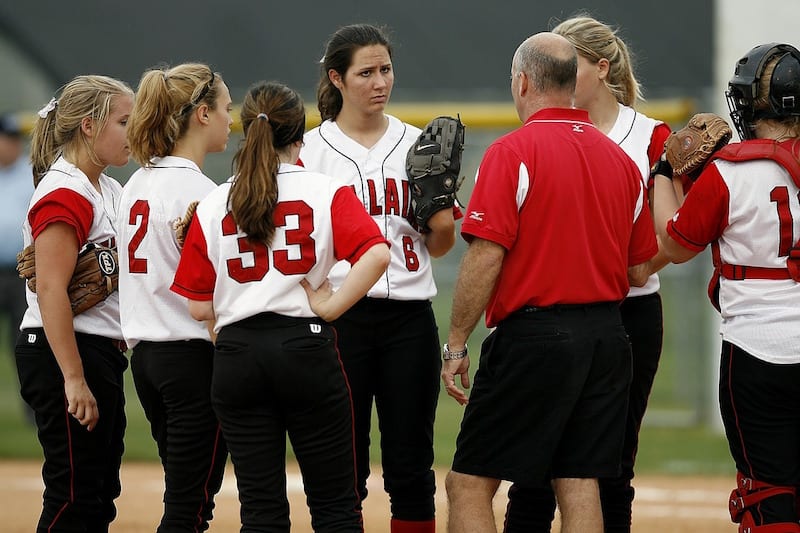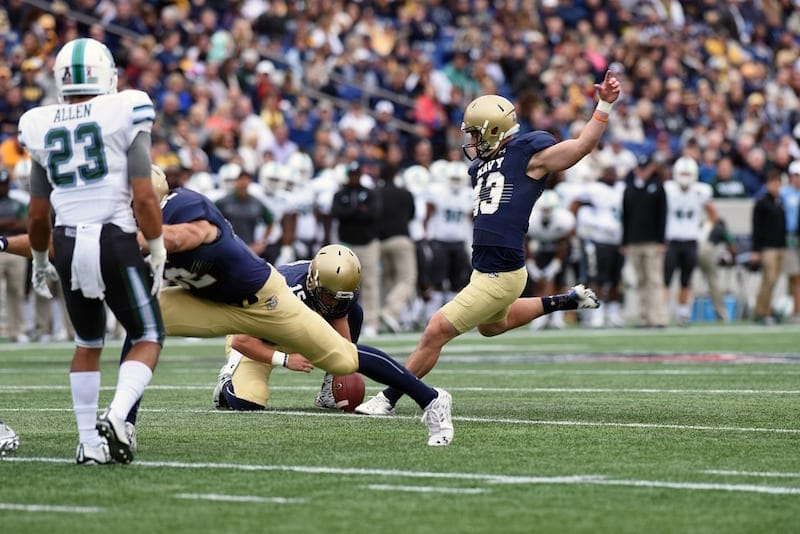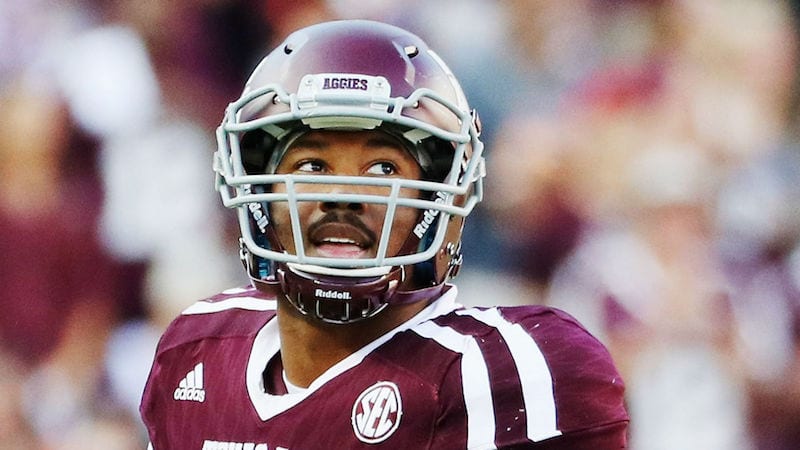For many kids, playing football with friends after school or picking up a game of basketball at the park is something they do for fun. They are in complete control of when they play, who they play, and who they play for or with. But as life goes on and an athlete moves up the competitive level of his or her sport, that control is lost.
If you are lucky enough to make it to the professional level, about the only control you end up having is whether you are going to play at all.
Of course, as soon as the game becomes organized some semblance of control is lost for athletes. They can no longer just pick teams all over again after a game just to shake things up. But otherwise, the game is still about playing with friends and having fun.

That is until you start playing in high school. Athletes still get to play with friends and have fun, but now they are dealing with coaches whose livelihoods depend on how well you play. How well you play now dictates how much you play.
But the real loss of control comes off the field and in the classroom according to whatever academic requirements a state/school district may have for athletes. It doesn’t matter how good you are if you don’t do well enough in the classroom—you don’t play.
Motivation can change at this stage as well. Many will play for the love of the game. But those who are talented enough will soon find a door open to them that will allow them to continue playing beyond high school. When that door opens, they will have more power and control over their careers than they will ever have again.
The College Years
In high school, athletes are pretty much restricted to playing for their respective high schools. They can’t pick and choose which school they want to play for or what coach. They are stuck with what is available according to where they live (unless they attend a private school or boarding school of course).

However, when it comes to college, almost all the power is in their hands. In fact, colleges will do whatever they can to roll out the red carpet for athletes—and are spending more and more money every year to do so.
For example, during the 2012-13 school year, Auburn and Tennessee spent over $1 million just on recruiting football players (Auburn–$1.38 million; Tennessee–$1.29 million). For the Tigers, that was an increase of 122 percent from what they spent just four years earlier. For the Volunteers, it was a much smaller increase (1.1 percent) (USAToday).
There are restrictions on how much contact a team or coach can have with a high school player, but they can do as much as the rules allow—and it doesn’t necessarily mean a thing. Players are not obligated to choose a school, regardless of what the school does for them or says during the recruiting process. Coaches get to make their pitch and are stuck hoping a player likes them better than some other school.
Once an athlete agrees to attend a particular university, they are pretty much stuck. It doesn’t matter if the coach that recruited him or if the head coach quits, takes another job, or gets fired. It doesn’t matter if the new coach utilizes a system that you are not well suited for playing.
They are stuck, and what was once a promising career with pro potential stands to fade away into obscurity. That is unless a player is willing to take the one-year penalty that non-graduate transfers are charged.
Going Pro
You would think going pro would restore some or most of the control. But in fact, many players have even less—especially if you happen to be really, really good.

For example, let’s take a look at what the future holds for Texas A&M defensive end Myles Garrett. He was widely considered the best player in the draft–but is stuck playing for the lowly Cleveland Browns.
The Browns are terrible, but they selected him in the draft, and he has no choice but to go. He is be stuck playing for them—regardless of how bad they become—for at least the next four to five years.
He could have tried to force a trade or refuse to sign his contract and sit out a year. But then he would have gone from being the top pick to lucky if he gets drafted at all.
He may not gain any semblance of control until he becomes too expensive for the Browns to resign. That may save him from Cleveland, but it will restrict him to those willing to pay what he is worth.
In Conclusion…
As kids, the Myles Garrett’s of the world control their own destiny—until they get to college. Should they excel in college, they are “rewarded” by getting drafted by one of the worst teams in the NFL. Unless they fail, they are stuck with them for the next four to five years. It's nearly impossible to escape (and still play).
So—yes, the money is great for those able to make it to the professional level. But just like everything else in life, you have to give a little to get a little.

The greatest NBA dynasties of all time
The goal for any basketball franchise is to build a dynasty that fans and experts will be talking about for











